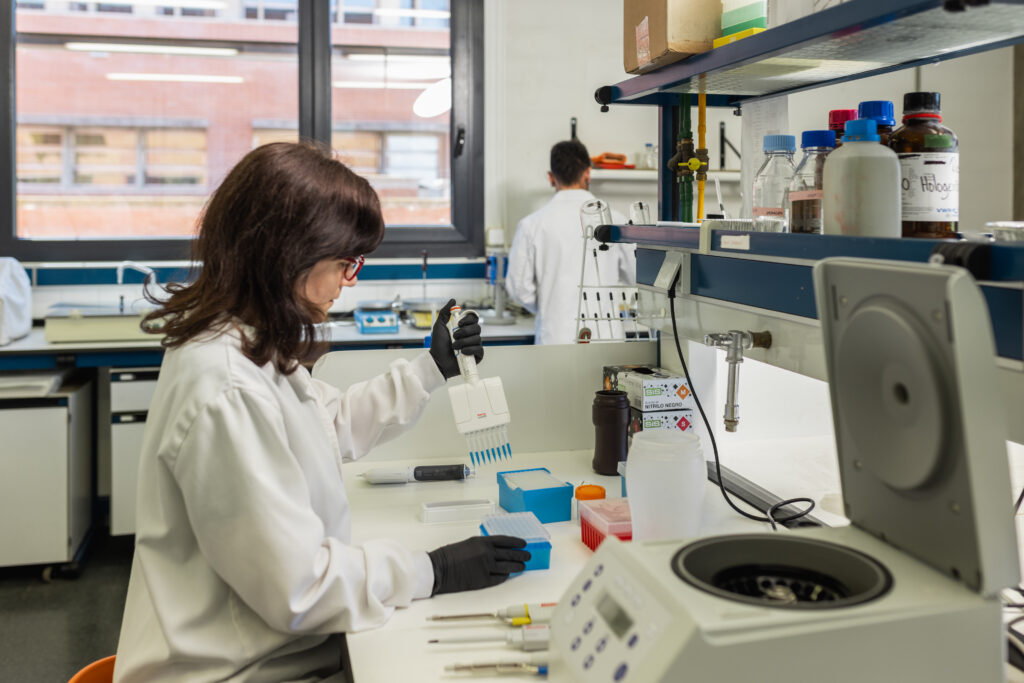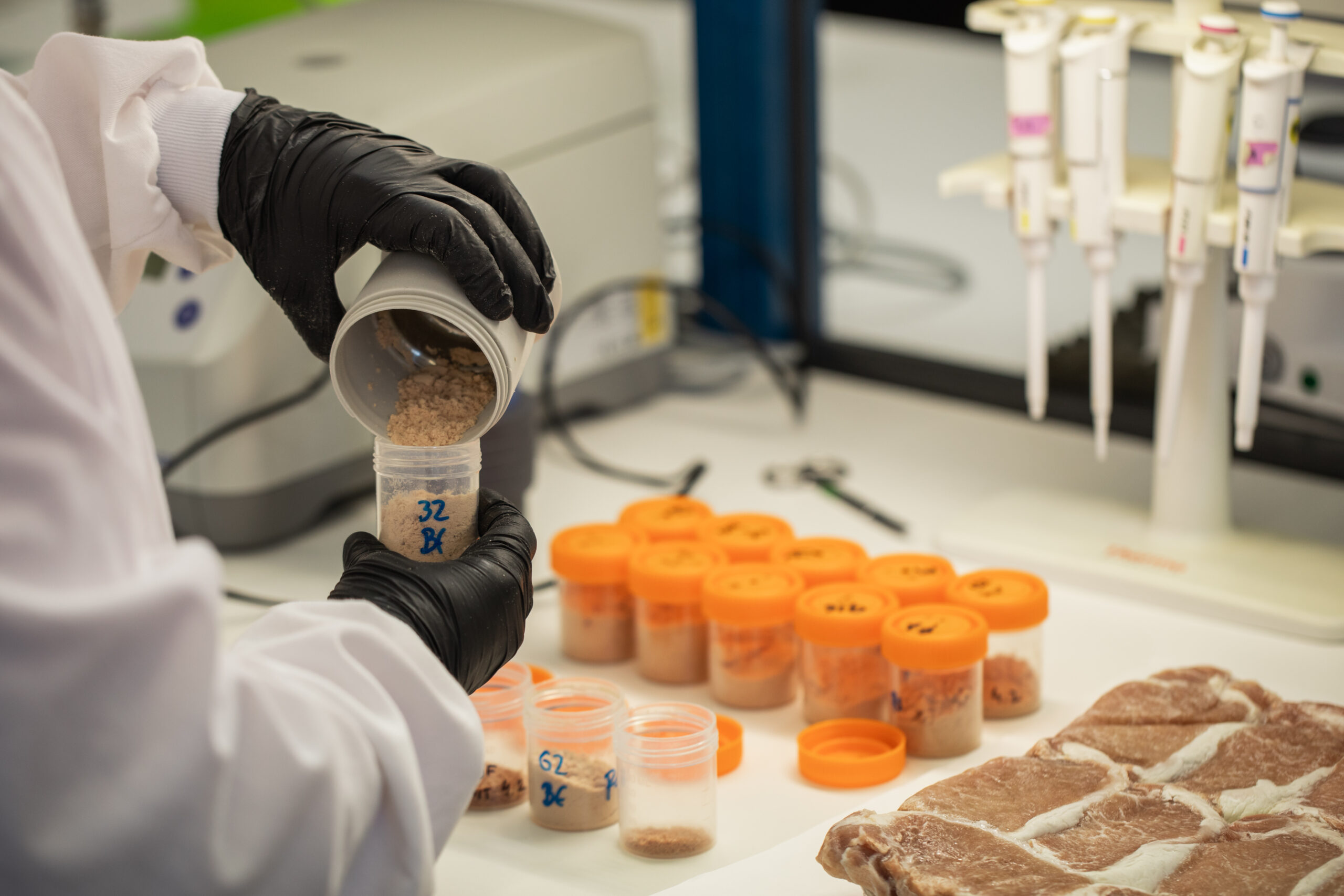- This is an Operational Groups 2023 project, financed by Department of Agriculture, Livestock and Fisheries of the Government of Catalonia
- The participants are Selección Batallé SA (Leader), Vall Companys SAU (beneficiary), Ramadera Montpedrós, SLU (beneficiary), Grup de Sanejament Porcí de Girona (GSP Girona) (beneficiary), INNOVACC CATALAN CLUSTER OF MEAT AND ALTERNATIVE PROTEIN (coordinator), FUNDACIÓ CENTRE DE RECERCA EN AGROTECNOLOGIA – AGROTECNIO (OPI)

Every day, pig farms face a series of stress factors that can modify the normal physiology of pigs and, therefore, alter their productivity. Among the possible stressors that can challenge a farm, infectious agents (both viral and bacterial) can have dramatic consequences that lead to significant losses in pig farms, further compromising animal welfare.
In Catalonia, outbreaks of respiratory disease are very common in fattening pig farms, particularly during autumn and winter, affecting both animal health and farm productivity. One of the infectious agents causing the most severe economic consequences is the porcine reproductive and respiratory syndrome virus (PRRSV).
The main objective of the project is to improve the sustainability of pig fattening through the use of genetic markers that promote the survival of fattening pigs during outbreaks of respiratory disease.
This main objective is broken down into three specific goals:
- Goal 1: Describe the presence of the markers in the male line.
- Goal 2: Assess the improvement in survival during respiratory outbreaks in fattening pigs.
- Goal 3: Estimate the impact on productivity and sustainability of pig fattening.
Budget: €214,855.81 Grant: €174,316.98
Project co-funded by the EU through intervention 7161 of the PEPAC 2023-2027




